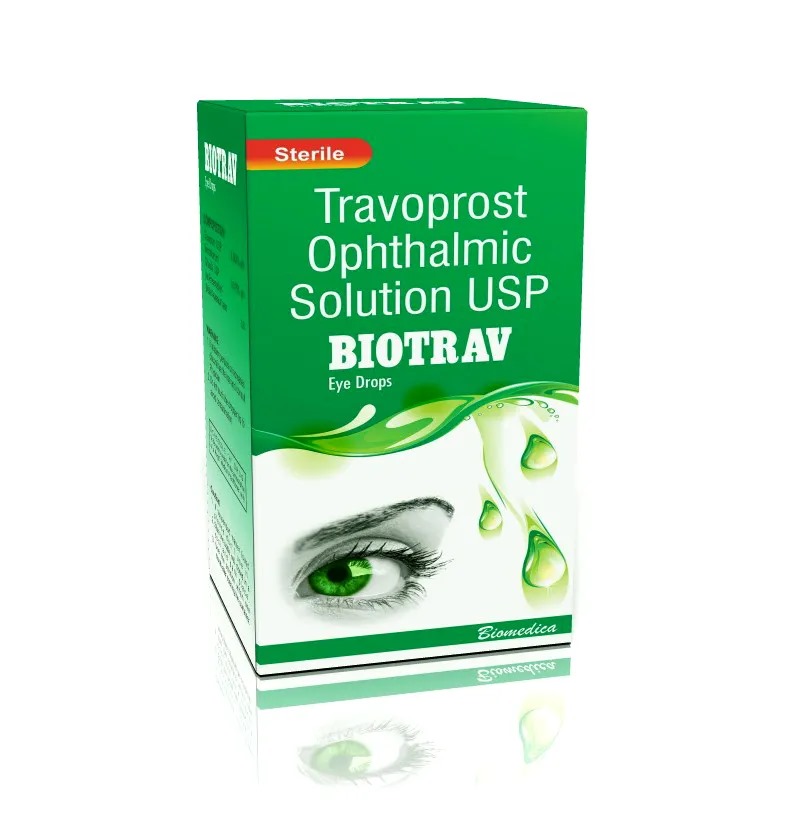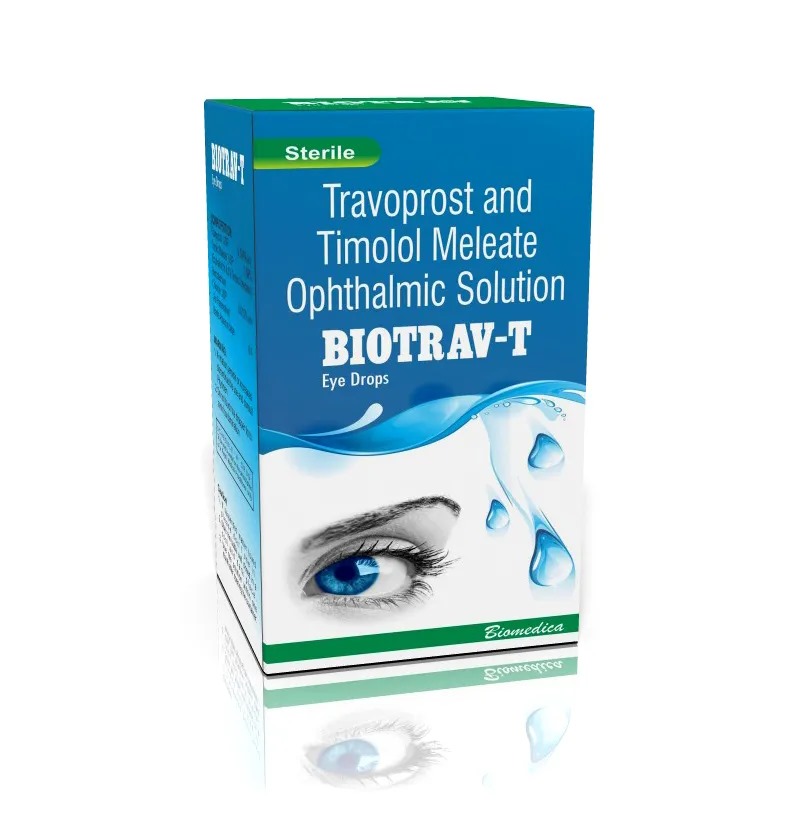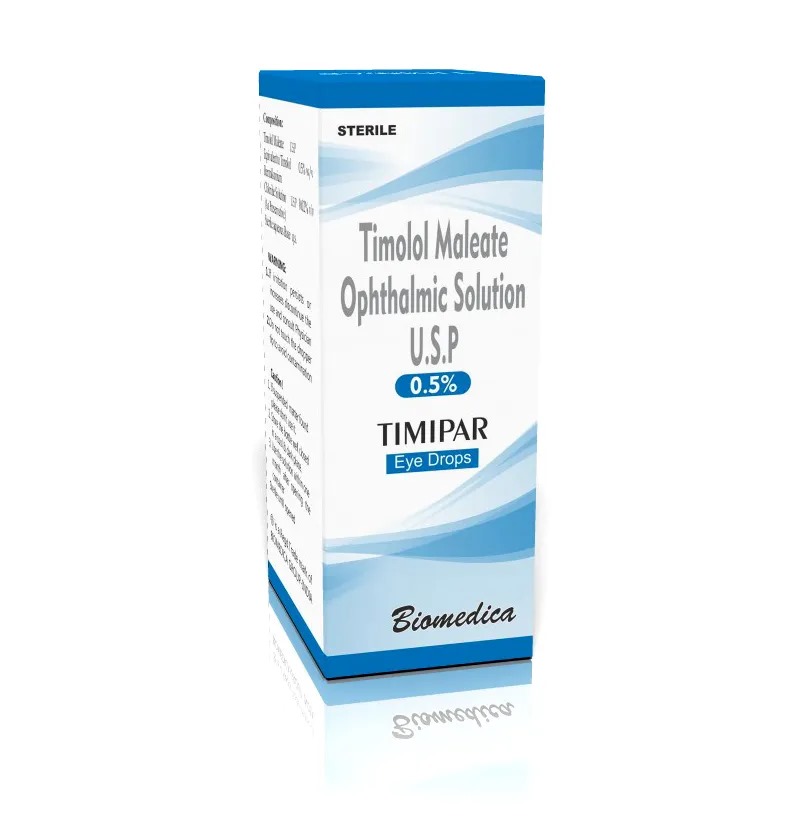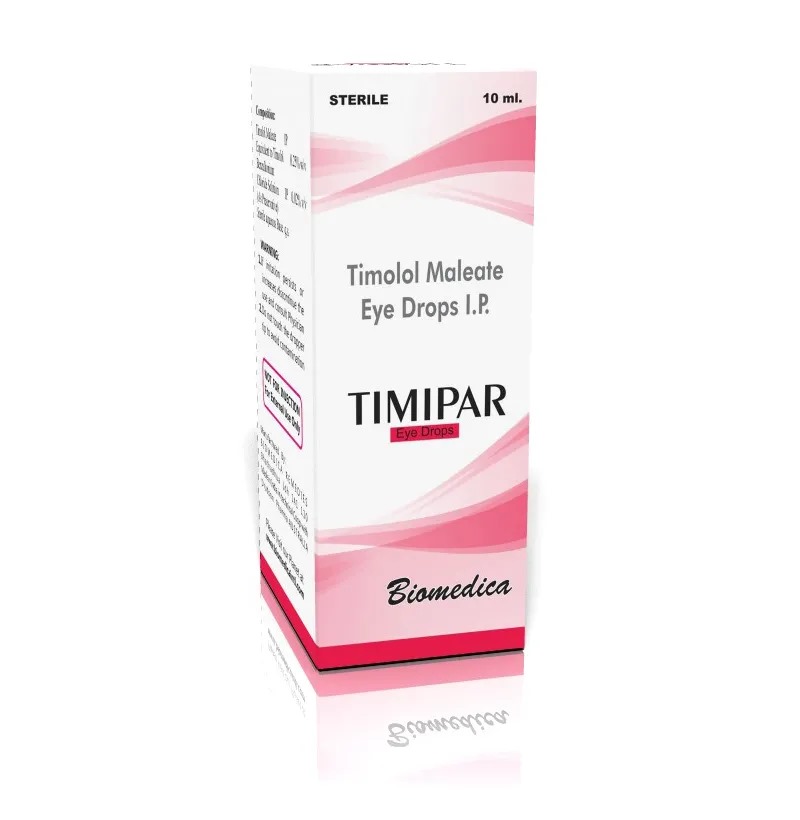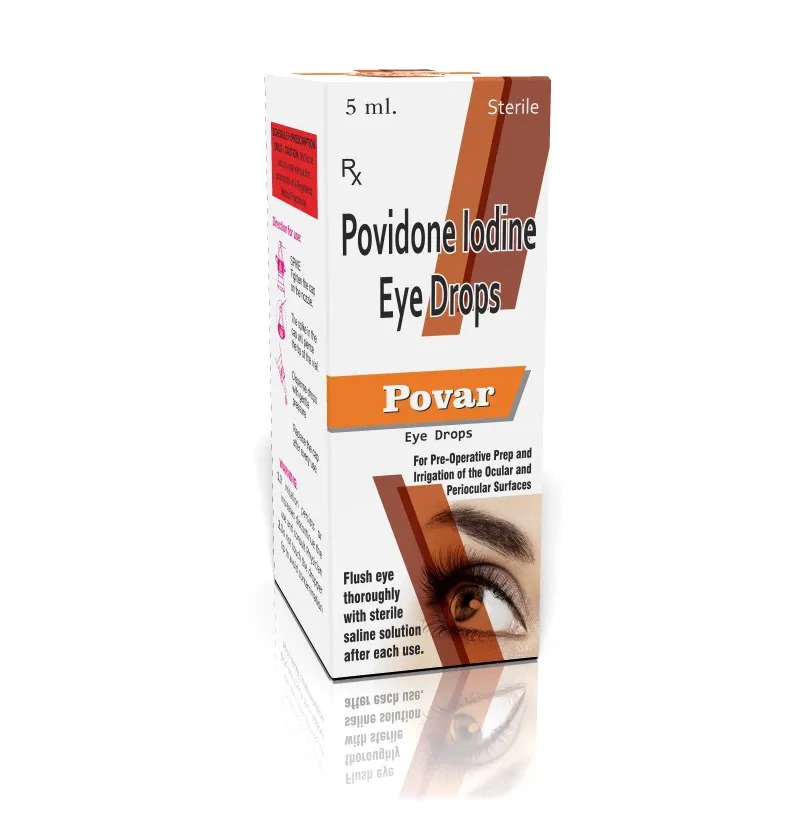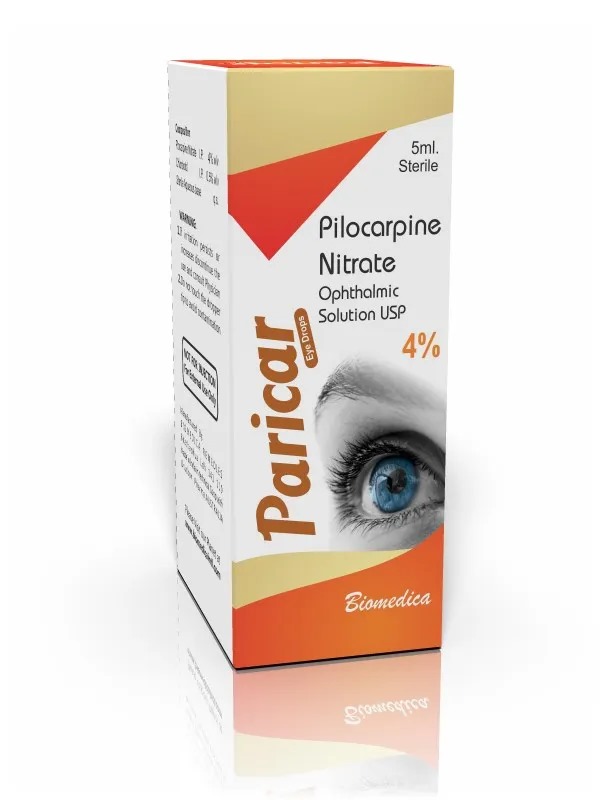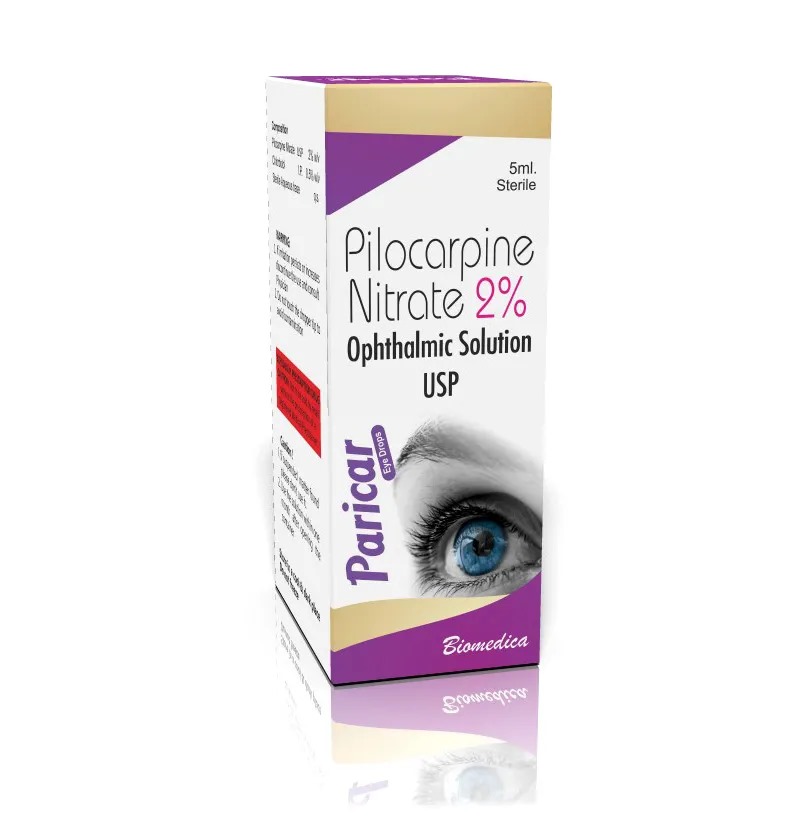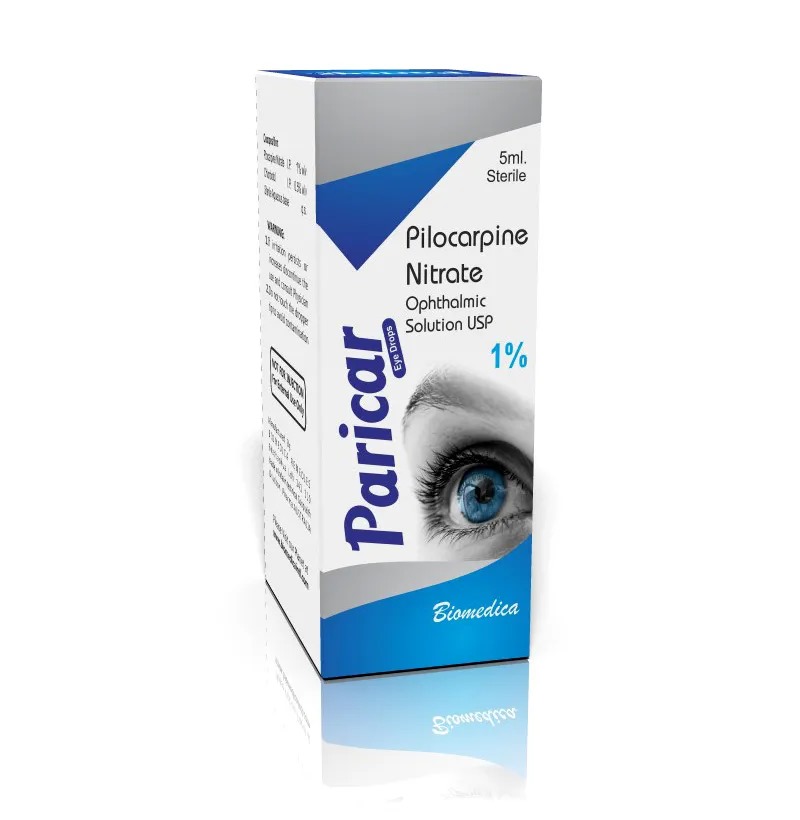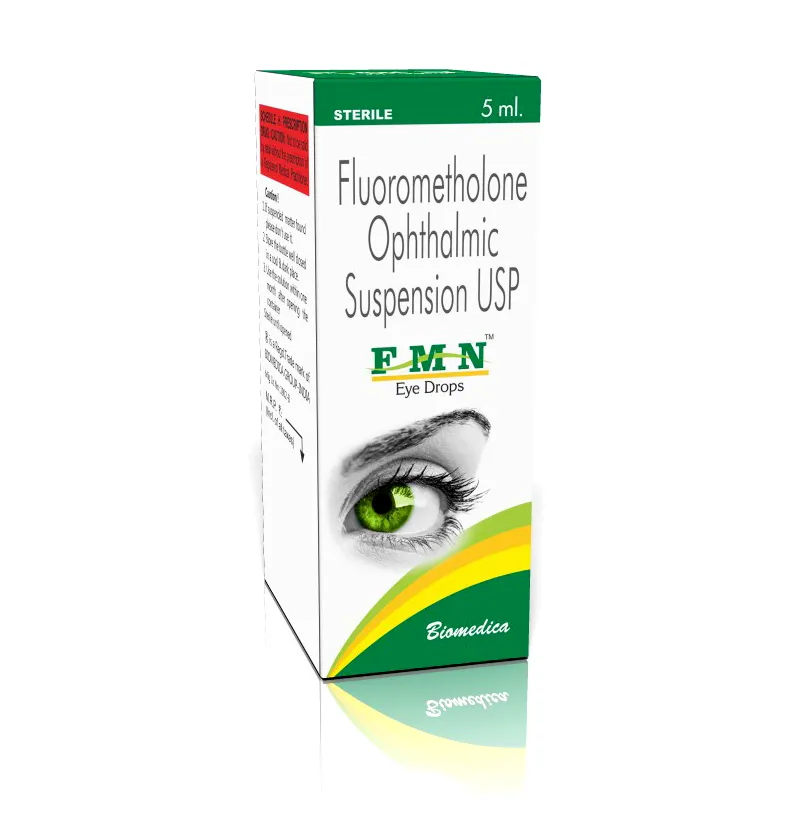Biotrav (Travoprost) Ophthalmic Solution Biotrav is a prescription eye drop containing travoprost, a prostaglandin analog used to lower intraocular pressure (IOP) in individuals with open-angle glaucoma or ocular hypertension. ________________________________________ ✅ Primary Uses • Open-Angle Glaucoma: A common type of glaucoma characterized by gradual loss of vision due to increased IOP. • Ocular Hypertension: Elevated IOP without optic nerve damage, which can lead to glaucoma if untreated. ________________________________________ 💊 Dosage and Administration • Recommended Dosage: Instill one drop into the affected eye(s) once daily in the evening. • Application Tips: o Wash hands before use. o Avoid touching the dropper tip to any surface, including the eye, to prevent contamination. o If you wear contact lenses, remove them before applying the drops and wait at least 15 minutes before reinserting them. ________________________________________ ⚠️ Precautions and Contraindications • Contraindications: o Hypersensitivity to travoprost or any component of the formulation. o Active or suspected ocular infections. o History of hypersensitivity to prostaglandin analogs. • Cautions: o Use with caution in patients with a history of uveitis, macular edema, or retinal vein occlusion. o May cause changes in eye color, eyelash growth, and skin pigmentation around the eyes. o Consult a healthcare provider before use if pregnant, planning to become pregnant, or breastfeeding. ________________________________________ 🧪 Mechanism of Action Travoprost works by increasing the outflow of aqueous humor through the trabecular meshwork and uveoscleral pathways, thereby reducing IOP. This helps prevent damage to the optic nerve and loss of vision associated with glaucoma and ocular hypertension.
Send Message